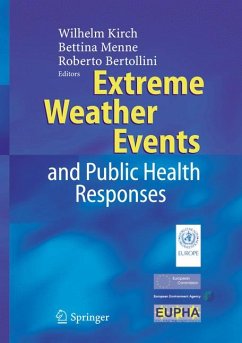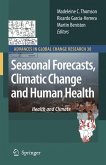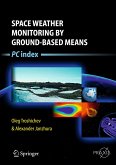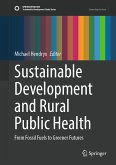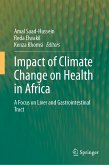This book reflects a collection of case studies and experiences of experts, ministries and international organizations. It gives an overview of various topics, such as:
- Will climate change alter climate variability?
- The 2003 European heat-wave
- The health impacts of temperature extremes
- Public health responses to temperature extremes
- The health impacts of floods
- Case studies on health system responses to extreme events
Dieser Download kann aus rechtlichen Gründen nur mit Rechnungsadresse in A, B, BG, CY, CZ, D, DK, EW, E, FIN, F, GR, HR, H, IRL, I, LT, L, LR, M, NL, PL, P, R, S, SLO, SK ausgeliefert werden.

